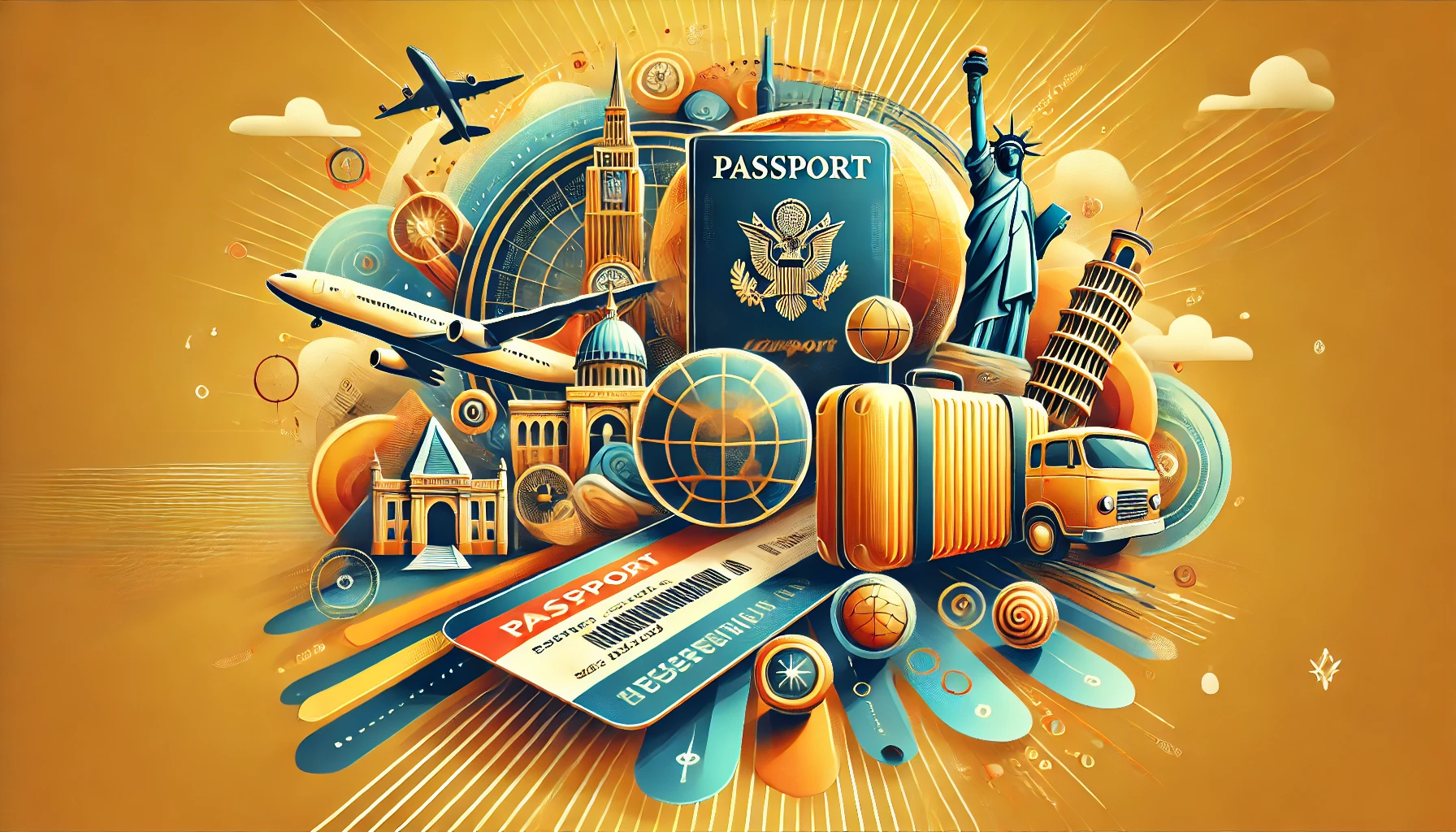These tips for international trips will ensure a hassle-free experience, but it can also be daunting if you’re not well-prepared. From booking flights to navigating cultural differences, there’s a lot to consider. A few thoughtful preparations can turn a potentially stressful journey into a seamless adventure. This guide offers essential tips for international trips to help you enjoy every moment of your travel experience.
1. Research Your Destination Thoroughly
Before embarking on your journey, take time to learn about your destination.
- Understand Local Customs and Etiquette:
Knowing cultural norms helps avoid misunderstandings. For example, tipping customs, greetings, and dress codes vary widely across countries. - Weather and Packing:
Check the weather forecast and pack accordingly. Layering is a versatile option for fluctuating climates. - Currency and Cost of Living:
Research the local currency and average costs for accommodation, food, and transportation.
2. Secure Your Travel Documents
Your travel documents are your lifeline abroad. Ensure they’re up-to-date and accessible.
- Valid Passport:
Most countries require your passport to be valid for at least six months beyond your travel date. Renew it if necessary. - Visas:
Check the visa requirements of your destination and apply well in advance. Some countries offer visa-on-arrival, while others need pre-approval. - Copies of Documents:
Keep digital and physical copies of your passport, visa, travel insurance, and itinerary. Store them securely online for easy access.
3. Purchase Travel Insurance
Travel insurance is a non-negotiable safety net.
- Medical Emergencies:
Ensure your insurance covers health issues, especially if you’re visiting countries with high medical costs. - Trip Cancellations:
Coverage for canceled flights or accommodation can save you from financial losses. - Lost Belongings:
Protection against lost luggage or valuables provides peace of mind.
4. Manage Your Finances Smartly
Financial preparedness is key to hassle-free travel.
- Notify Your Bank:
Inform your bank about your travel dates to avoid card blocks due to suspicious activity. - Exchange Currency:
Carry some local currency for initial expenses. Avoid exchanging money at airports, as rates are usually less favorable. - Multiple Payment Options:
Use a combination of cash, credit cards, and digital wallets. A travel-friendly credit card with no foreign transaction fees is a bonus.
5. Pack Smartly and Lightly
Overpacking can complicate your journey.
- Essentials Only:
Focus on items you’ll actually use. Invest in travel-sized toiletries and multi-purpose clothing. - Follow Luggage Rules:
Check your airline’s baggage policy to avoid excess fees. Ensure liquids are packed according to regulations. - Carry-On Bag Must-Haves:
Include your documents, medications, chargers, and a change of clothes in case your checked luggage is delayed.
6. Stay Connected
A reliable connection is essential for navigation, communication, and updates.
- International Roaming or SIM Cards:
Check with your mobile provider for affordable international plans or purchase a local SIM card. - Wi-Fi Access:
Download offline maps and apps for areas with limited internet access.
7. Learn Basic Phrases in the Local Language
While English is widely spoken, learning a few key phrases in the local language can make your trip smoother.
- Greetings:
A simple “hello” or “thank you” in the native tongue can go a long way. - Emergencies:
Learn phrases like “help” or “where is the nearest hospital?”
8. Stay Healthy During Your Trip
Health precautions can help you avoid unpleasant surprises.
- Vaccinations:
Check if your destination requires specific vaccines and get them on time. - First-Aid Kit:
Carry a basic kit with medications for headaches, allergies, and upset stomachs. - Stay Hydrated:
Avoid dehydration, especially during long flights or in hot climates.
9. Be Mindful of Local Laws
Each country has its own rules, and ignorance isn’t an excuse.
- Restricted Items:
Research what you can’t bring into the country, such as certain foods, medications, or electronics. - Photography Restrictions:
Some places prohibit photography, especially religious or military sites.
10. Ensure Safety While Traveling
Your safety should always come first.
- Avoid Risky Areas:
Stick to well-lit, populated areas, especially at night. - Stay Updated:
Monitor local news for political unrest, strikes, or natural calamities. - Emergency Numbers:
Keep a list of local emergency contacts, including the embassy or consulate.
11. Use Technology to Your Advantage
Technology can simplify your travel experience.
- Travel Apps:
Use apps like Google Maps, TripIt, and currency converters to plan and navigate effortlessly. - Translation Tools:
Apps like Google Translate can help bridge language gaps. - Secure Your Devices:
Use strong passwords and enable two-factor authentication to protect sensitive information.
12. Plan Your Itinerary Wisely
An overly packed schedule can lead to stress.
- Balance Activities:
Include downtime to recharge between sightseeing and other adventures. - Pre-Book Tickets:
Reserve spots for popular attractions to avoid long queues.
FAQs
Begin at least 3-6 months in advance to handle documents, visas, and bookings smoothly.
Contact your country’s embassy or consulate immediately. They can assist in issuing a temporary passport.
Yes, travel insurance provides essential coverage for emergencies, cancellations, and unexpected expenses.
Stay hydrated, adjust your sleep schedule before travel, and spend time outdoors upon arrival to sync with the local time.
Avoid packing valuables, prohibited items like certain foods or medications, and anything you can easily buy at your destination.
Learn basic phrases, carry a translation app, and use non-verbal communication when needed.
Suggestions
- Visa Information
Link to a reliable visa and travel requirement resource, such as:- Travel.State.Gov (for U.S. citizens)
- Schengen Visa Info (for Schengen area visa requirements)
- Travel Insurance
Guide readers to a travel insurance provider or a comparison site: - Currency Exchange and Financial Tips
Provide a helpful resource for currency exchange rates: - Vaccination and Health Information
Include a link to a trusted global health resource: - Local Laws and Customs
Suggest a resource for researching local laws and cultural practices: - Travel Planning Tools
Add links to popular travel tools for flights and itineraries:
Conclusion
International travel is an enriching experience, but preparation is key to making it enjoyable and stress-free. Secure your travel documents. Pack smartly. Stay safe. These tips for international trips will help you embark on your journey with confidence. So, plan ahead, stay informed, and make the most of your global adventure. By following these essential tips for international trips, you’ll make the most of your journey.



